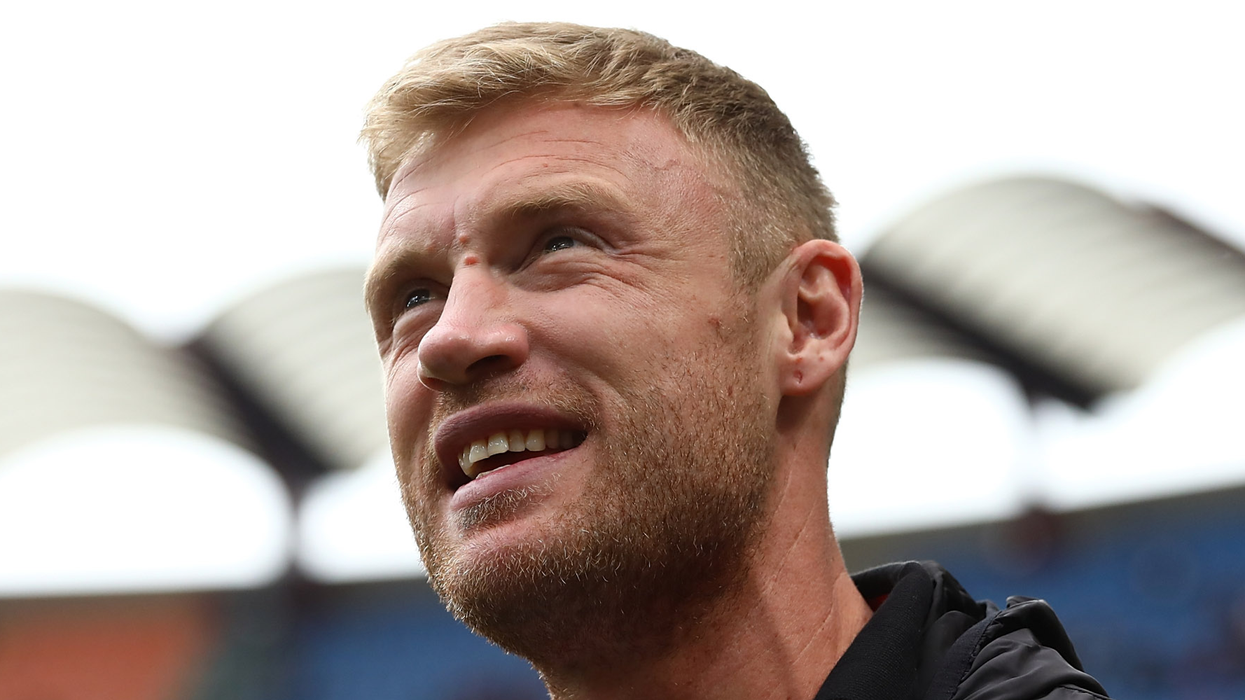Celebrities
Joshua Zitser
Sep 29, 2020

Getty Images
I was kneeling in a restaurant’s bathroom, staring at the blood on my fingers, wondering what was wrong with me.
I’d just made myself throw up for the third time that day. My voice was hoarse and my throat was sore from my stomach acid. I’d never felt so alone.
I knew I had to do something about it but, the problem was, I didn’t really know what ‘it’ was.
It was an eating disorder, I was sure of that. But, bulimia? This wasn’t something I knew much about or wanted to investigate further. The one time I had googled ‘throwing up bulimia symptoms’, all of the search results displayed resources for women and teenage girls.
That was enough to put me off searching anymore. I didn’t want a ‘girl’ problem. I couldn’t face going to the doctor with one of those. Even worse than that, I couldn’t fathom approaching a friend or family member about it. They’d judge me, I thought.
I resorted to carrying on living a secret life with bulimia. I could just about survive with it, I reasoned, and that was a more appealing prospect than being found out for having a “woman’s issue”.
This didn’t exactly go to plan.
Life became pretty unbearable. I looked gaunt, constantly felt lethargic and people were cottoning on to my secret throwing up trips. I had to do something about it.
Fortunately, I eventually got the help I needed. That being said, it took me almost four years to get it. Four years of pain, lethargy, shame and secrecy. Why? In part, gendered stereotypes of eating disorders and our old friend toxic masculinity.
The secrecy and shame surrounding my eating disorder was the result of a narrative suggesting that only girls suffer from bulimia. The perception, back in 2012 at least, was that image-conscious girls make themselves throw up to lose weight. I didn’t fit the bill and my Google searches seemed to confirm that.
Contributing to that narrative was the fact that it was primarily, if not only, female celebrities talking about eating disorders. For a man like me, struggling with a debilitating eating disorder, it was an extremely isolating experience to have nobody to look up to. My experience felt imagined, fake and I suffered immensely with imposter syndrome.
Fast forward eight years and I’m delighted to see that there now exists a positive role model for men and boys struggling with eating disorders. In fact, probably the best role model that could possibly exist.
In a brave and inspiring documentary released yesterday, cricket legend Freddie Flintoff opened up about his battle with bulimia.
He spoke about how, throughout his cricketing career, he struggled with the eating disorder.
Like me, he knew little about it and found it hard to find resources or help as a man. Now, however, he has a primetime spot on the BBC to educate himself and others about bulimia.
In the documentary, Flintoff speaks to specialists and shares his own experiences in an incredibly heartfelt way.
The importance of this can’t be understated. Now, thanks to this meaningful documentary, there is a resource for young men and boys who look up to Flintoff to understand what they’re going through. Not only will it educate, but it will also validate years of shame and secrecy and let them know they’re not alone.
Now, I expect young men googling their symptoms to be faced with the bravery and honesty of a sporting legend. That is a powerful reality. It will also go a long way to counteracting the brutal toxic masculinity and shame that so often accompanies and worsens male eating disorders.
Not only will this ensure that men don’t feel so alone when they’re purging, but they’ll also feel validated and inspired on the road to recovery. Put simply, it could change lives.
I know that if Flintoff’s documentary had come up on Google for me in 2012, my recovery might have come quicker and easier. I hope that it does the same for others.
Top 100
The Conversation (0)













